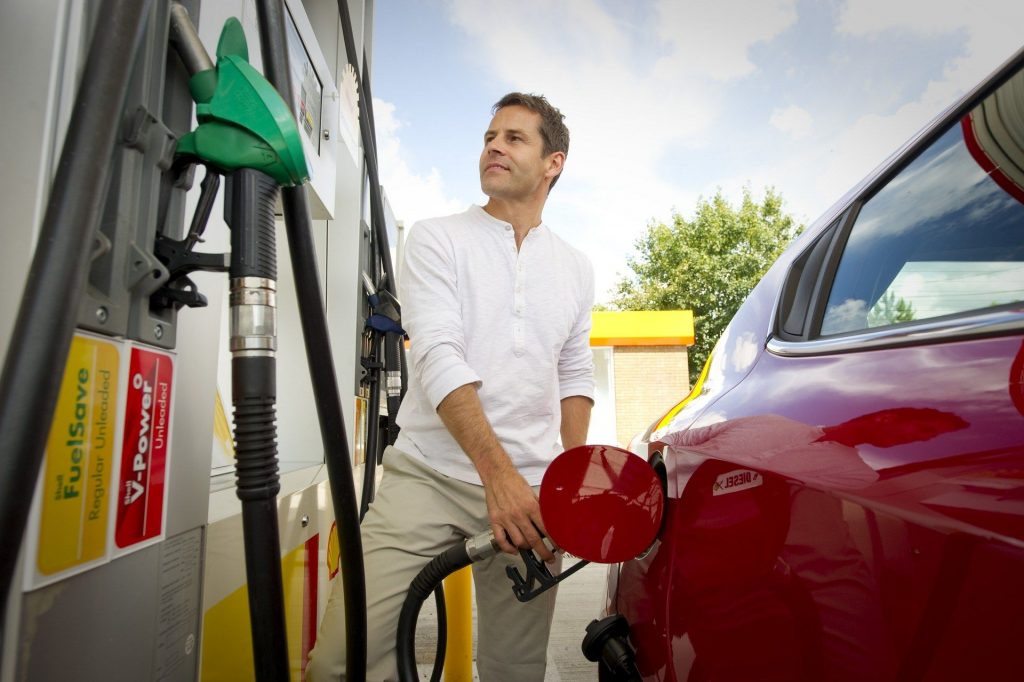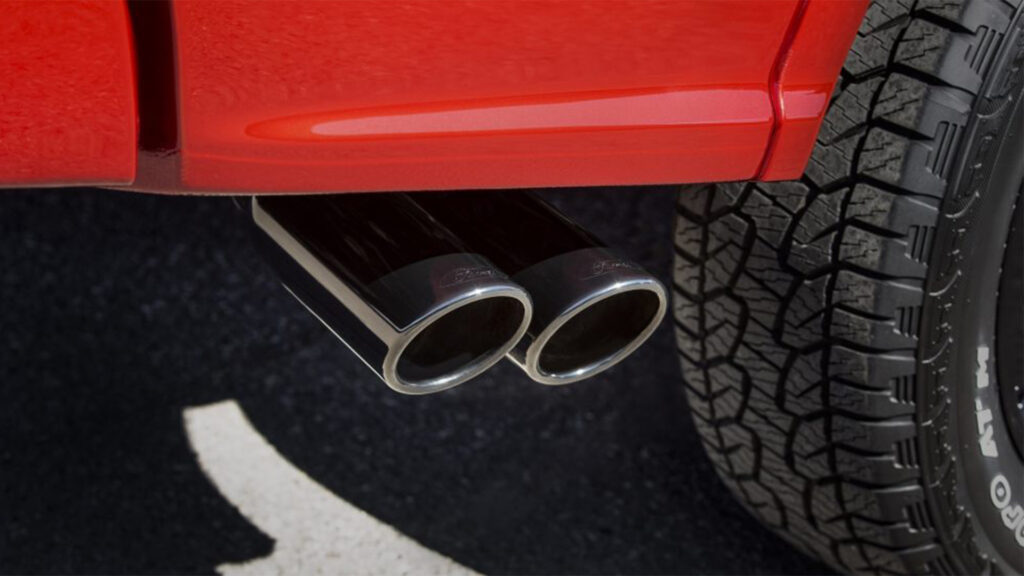The White House has received the U.S. Environmental Protection Agency’s (EPA) proposal for broad emissions cuts for new cars and trucks through 2032.
The proposal was sent to the White House Office of Information and Regulatory Affairs and is being reviewed after more than 250,000 public comments were filed about it. In April last year, the EPA proposed requiring a 56% reduction in projected fleet average emissions over 2026MY requirements. This initial proposal would have also required automakers to produce 60% EVs by 2030 and 67% by 2032 in order to meet the requirements.
Last year, the Alliance for Automotive Innovation representing the likes of General Motors, VW, Toyota, Hyundai, and others called the proposal a “de facto battery electric vehicle mandate” and claimed the proposed standards would not be achievable “without substantially increasing the cost of all vehicles, reducing consumer choice and disadvantaging major portions of the U.S. population and territory.”

Reuters understands that the EPA will look to finalize its new emissions rules by March.
These new EPA rules aren’t the only thing concerning some carmakers. The Department of Transportation (DOT) and National Highway Traffic Safety Administration have proposed hiking Corporate Average Fuel Economy (CAFÉ) standards by 2032 to a fleet-wide average of 58 miles per gallon.
Read: U.S. Vehicles Set Record Fuel Economy, CO2 Hits All-Time Low In 2022
The Energy Department has separately proposed revising how electric vehicles are treated for compliance purposes in a move that some say could devalue EV fuel economy by as much as 72%.
While recently speaking on the complicated issue, Deputy Transportation Secretary Polly Trottenburg said the EPA, DOT, and Energy Department are ”certainly trying to talk to each other and figure out a way to do this.”




